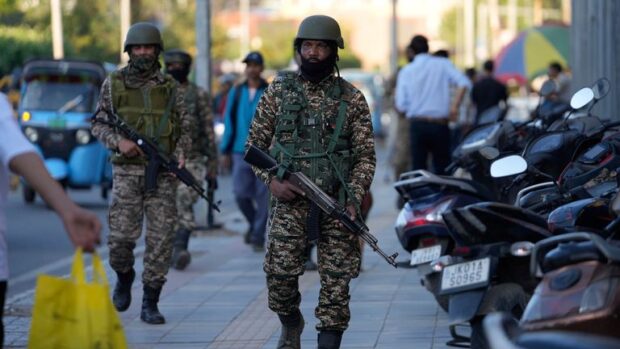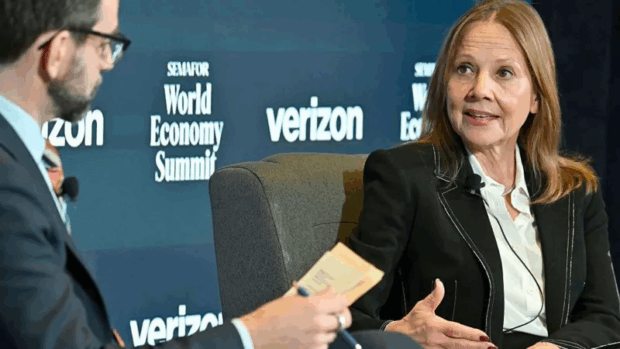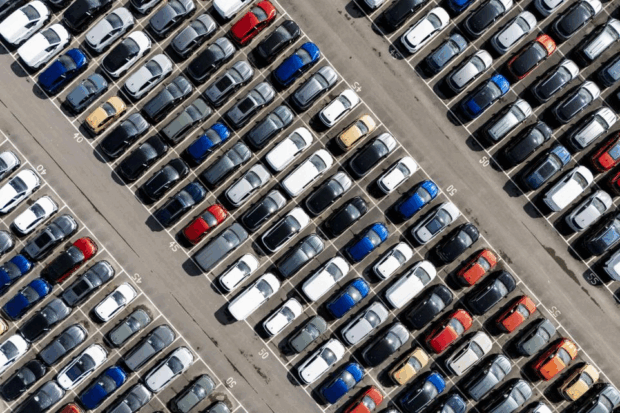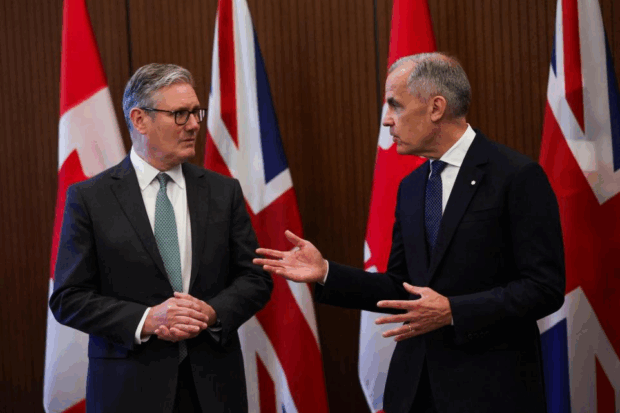
A deepening crisis has gripped Nigeria’s power sector as wholesale gas producers abruptly halted the supply of natural gas to power generation companies (GenCos) due to a staggering accumulation of unpaid debts. This drastic measure has plunged the nation into widespread blackouts, exacerbating the already precarious electricity situation and raising concerns about the stability of the energy sector.
The alarming development came to light through an exclusive interview with Dr. Joy Ogaji, the Chief Executive Officer of the Association of Power Generation Companies (APGC). She revealed that gas producers took the unprecedented step of suspending gas supply after receiving instructions from the Nigerian Midstream and Downstream Petroleum Regulatory Authority (NMDPRA). The NMDPRA reportedly cited the escalating debt owed by GenCos as the reason for their directive, ordering gas producers to cease deliveries until further notice.
This situation has thrown the nation’s power generation capacity into disarray. With gas-fired power plants responsible for generating over 70% of Nigeria’s electricity, the sudden halt in gas supply has triggered a domino effect, leading to significant power shortages across the country. Businesses, homes, and essential services are all grappling with the consequences of these widespread blackouts.
The debt owed by GenCos to gas producers has reached a critical level, soaring to N2.7 trillion, a significant increase from the N2 trillion reported earlier this year. This financial burden has become a major point of contention between the two parties, with gas producers demanding immediate payment before resuming supply.
Adding fuel to the fire is an ongoing dispute between the NMDPRA and gas producers over the collection of a 0.5% wholesale price levy on petroleum products, as stipulated by the Petroleum Industry Act. This disagreement has further complicated the situation and contributed to the gas producers’ insistence on full debt settlement.
Despite recent efforts by the government to address the debt issue, paying down N205 billion owed to GenCos, the gas producers remain resolute in their demand for complete payment. The APGC has notified all relevant authorities, including the presidency, about the gravity of the situation and is anxiously awaiting intervention.
However, the lack of swift action has sparked fears of prolonged power outages and their potential to cripple economic activities. The disruption to businesses, industries, and essential services could have far-reaching consequences for the nation’s economy and the well-being of its citizens.
Compounding the crisis, the national power grid experienced yet another collapse on Wednesday, the 12th such incident this year. This recurring instability highlights the fragility of Nigeria’s power infrastructure and the urgent need for comprehensive reforms to ensure reliable electricity supply.
Industry experts and consumer advocates have expressed concerns about the transparency of the debt figures and called for an independent forensic audit of the claims made by gas producers. They also urge the government to accelerate the full privatization of the power sector, believing that this will foster greater accountability and efficiency within the industry.
Adding to the confusion, the NMDPRA has issued a statement denying any involvement in directing the suspension of gas supply to GenCos, contradicting the information provided by the APGC. This conflicting information has further clouded the situation and created uncertainty about the path towards resolving this crisis.
As Nigeria grapples with this energy emergency, the lack of clear communication and coordinated action among stakeholders threatens to prolong the blackouts and deepen the economic impact on businesses and citizens alike. The urgent need for a comprehensive and transparent approach to address the debt crisis and stabilize the power sector has become more critical than ever.
















Be the first to leave a comment